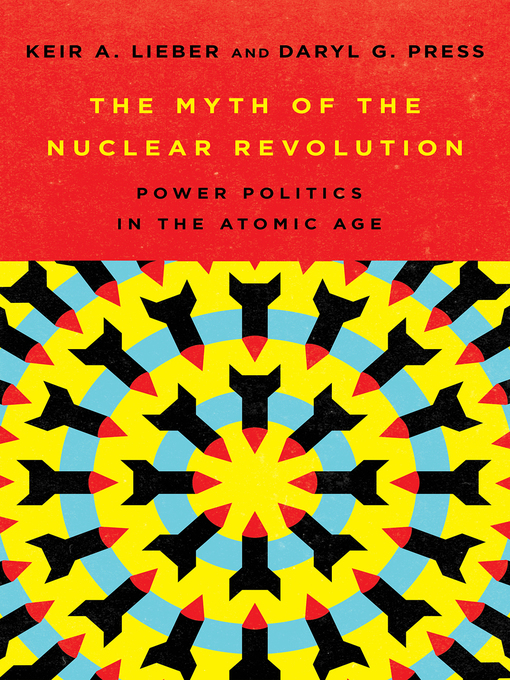Leading analysts have predicted for decades that nuclear weapons would help pacify international politics. The core notion is that countries protected by these fearsome weapons can stop competing so intensely with their adversaries: they can end their arms races, scale back their alliances, and stop jockeying for strategic territory. But rarely have theory and practice been so opposed. Why do international relations in the nuclear age remain so competitive? Indeed, why are today's major geopolitical rivalries intensifying?
In The Myth of the Nuclear Revolution, Keir A. Lieber and Daryl G. Press tackle the central puzzle of the nuclear age: the persistence of intense geopolitical competition in the shadow of nuclear weapons. They explain why the Cold War superpowers raced so feverishly against each other; why the creation of "mutual assured destruction" does not ensure peace; and why the rapid technological changes of the 21st century will weaken deterrence in critical hotspots around the world.
By explaining how the nuclear revolution falls short, Lieber and Press discover answers to the most pressing questions about deterrence in the coming decades: how much capability is required for a reliable nuclear deterrent, how conventional conflicts may become nuclear wars, and how great care is required now to prevent new technology from ushering in an age of nuclear instability.

